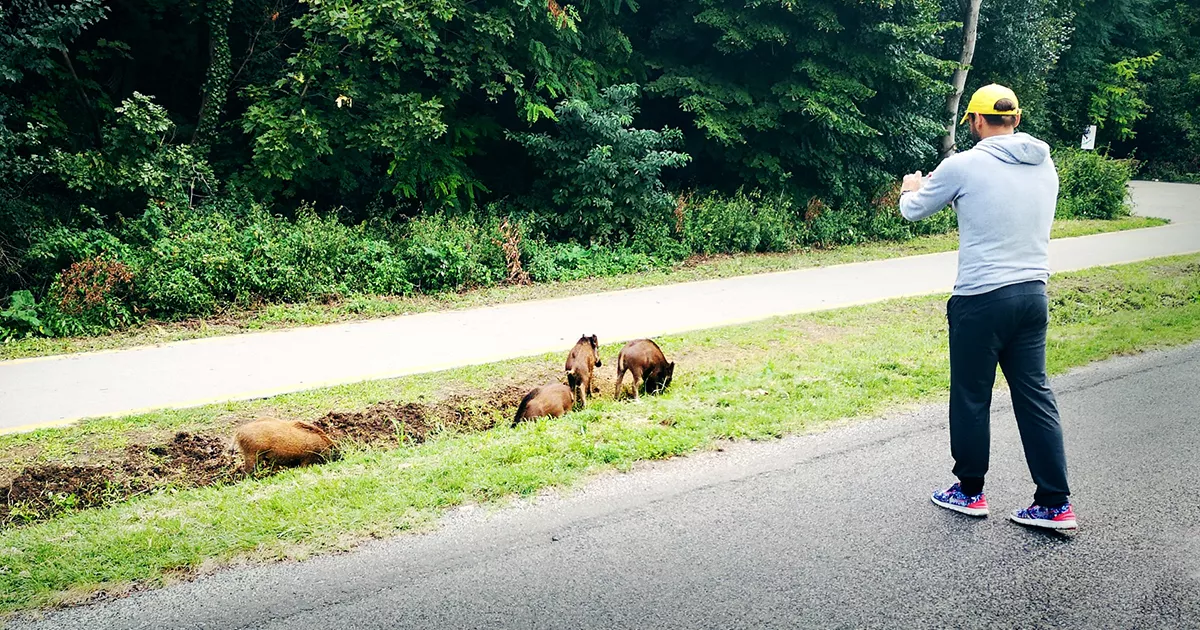In recent decades, there has been an increasing number of scientific findings that shed light on the extent to which the human race is responsible for the destruction of the Earth's other species. Not every species, however, suffers as a result of human expansion: those with good adaptability often directly benefit from the proximity of human settlements. A recent study on the subject, published in the journal of the American Academy of Sciences, PLOS Biology, summarized the findings of a research group of international scientists. The ELKH Centre for Ecological Research in Budapest was also involved in the research through the work of László Zsolt Garamszegi.

In recent decades and centuries, increasing urbanization has led to ever more non-domesticated animals living in closer proximity to humans. Urban wildlife has adapted to traffic, noise and human lifestyles. In parallel with this kind of urbanization, however, there is also a drastic reduction of the number of predators for prey animals, the effectiveness of so-called anti-predator behavior.
The researched phenomenon is the human shield effect: when in the presence of humans and their activities, the presence and activity of man eliminates (or greatly reduces) the predatory pressure felt in an animal's natural habitat, i.e. predators in cities are unable to harm their migratory prey. Of course, you can also find smaller predators living in cities, but their activities are significantly restricted. This means that urban prey do not experience such strong selective pressure as in the wild. In other words, animal species that learn to live close to humans tend to thrive, as humans protect them from other predators.
"We can't say that for animals the city is like a 'free-for-all', nor that there are no dangers in the city. But for many animals (and plants), cities provide tolerable conditions, as long as they can adapt. Though many species aren't capable, many are, and in this case human beings and the animal kingdom are able to live alongside each other in the long term," explain László Zsolt Garamszegi.
Research has also shown that these changes occur rapidly over a few generations as a result of anthropocene evolution, meaning that humans inadvertently induce processes that would otherwise occur through domestication: the researchers say there are clear similarities between domestication and the effect of urbanization on selection pressure.